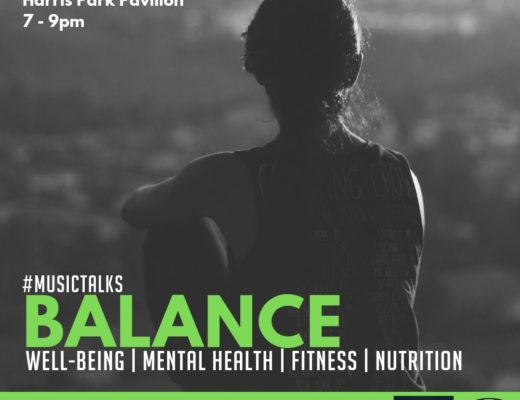
Loneliness is something we all are impacted by at various different stages in our lives, but those quarantined at home without their loved ones or roommates may currently be experiencing intensified feelings of loneliness, affecting all sorts of people who’ve never experienced mental health issues before.
It’s important to acknowledge that during this quarantine, our ability to connect with others isn’t what we’re generally used to, and that we’re all going to feel lonely at some point – we’re isolated. However, time spent alone doesn’t have to be a negative thing, and instead can be extremely restorative; a time to relax, create, reflect or otherwise fill back up that energy cup. A familiar pattern can occur when we get lonely, leading us to emotionally disconnect from our loved ones, and lean on negative coping behaviors to numb those feelings, like binge watching TV, scrolling through social media without interacting with anyone, and abusing substances such as alcohol etc.
When we resort to these types of behaviours, we’re more likely to get into a place of judgement and create unnecessary pressure to keep up, where we may think that everyone else seems to be enjoying this pandemic, they’re having fun, learning new skills, showing off how productive they are, having dance parties etc. and this can resort to spiraling into a depressive state and ongoing lonely feeling.
According to the Canadian Mental Health Association, loneliness has a habit of creating more loneliness. To break this down, feelings of loneliness can make you believe you don’t fit in, which only makes it harder to reach out. This might seem to confirm that you really don’t fit in, making you feel even lonelier, and thus continuing the vicious cycle. Loneliness can be difficult to manage, but it’s still just a feeling, and like any feeling, loneliness will usually pass in time. When you challenge feelings of loneliness or start to make changes in your life, the cycle of “loneliness thinking” starts to break down.
That being said, there are ways to aid this common feeling many of us are all experiencing. Believing you’re not alone is the first place to start, as its important to understand that loneliness has the ability to affect everyone. Of course there are different degrees in which a pandemic will have an effect on each and everyone’s personal lives, but there is hope and resources available to get through these difficult times.
Learning to Deal with Loneliness:
While there’s no immediate fix for loneliness, you can get better at identifying and coping with loneliness.
- Be kind to yourself – give yourself time to reflect and heal
- Get support if you need – reach out and talk to somebody about it
- Take your mind off of it by doing something you enjoy
- Spend time with loved ones – avoid withdrawing from others
- Take it day by day – focus on what’s happening in the moment
- Perspective is key! Try to focus on what is good in your life – avoid worrying about the negative
If you’re aware that you suffer from depression, anxiety, or any mental health issue, a suggestion would be to consider seeing a therapist. There are numerous options available to seek therapy via a zoom call, over the phone – and there are a ton of practices that are currently doing it and are accepting new patients. If you’re suffering, seek help. Now it’s easier more than ever.
The Unison Benevolent Fund offers a toll-free number to connect Canadian music professionals with resources and support for personal and practical issues. This service is free, anonymous, confidential and available 24 hours a day, 7 days a week.
Before you make the call, please register with Unison.



